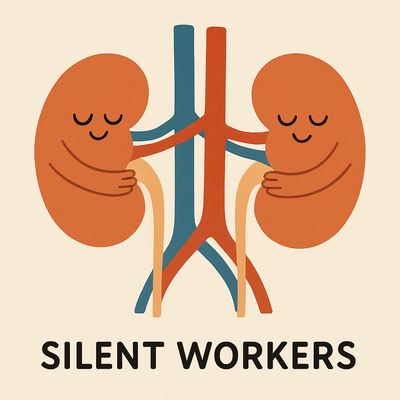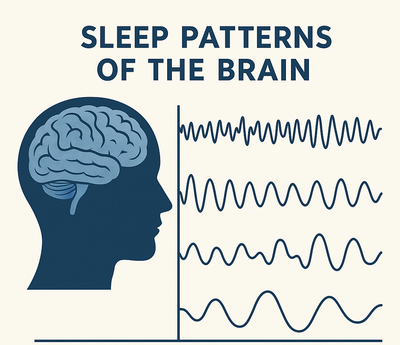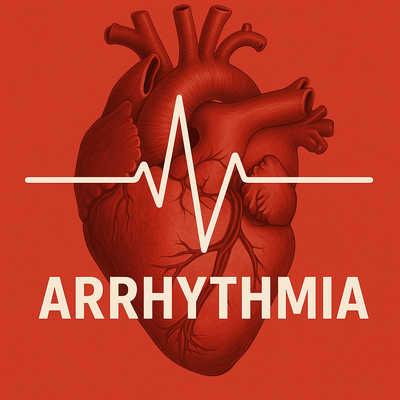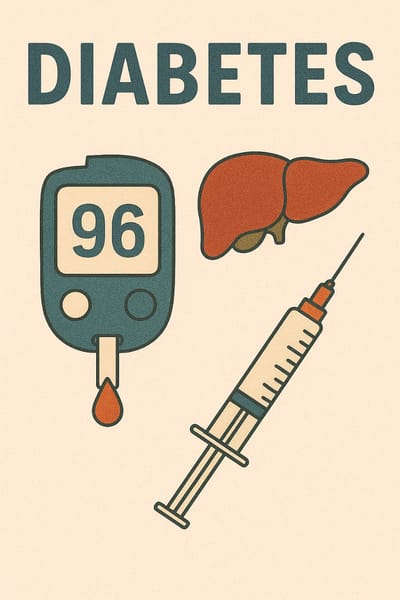Articles #hypertension
Your kidneys are working right now — quietly, continuously, and without complaint — to keep you alive. Each about the size of a fist, tucked under your ribcage towards your back, these bean-shaped organs filter roughly 50 gallons of blood every single day. They remove waste, balance electrolytes, regulate blood pressure, and even influence your bone strength and red blood cell production. Despite this incredible workload, most people rarely give their kidneys a second thought — until something goes wrong.
Read MoreAs physicians, we often remind patients that sleep is not simply a pause in daily activity—it is an active, restorative process that keeps the body and mind functioning at their best. Sleep is as vital as food, water, and oxygen, yet it remains one of the most undervalued elements of health. Modern lifestyles have pushed sleep into the background, often treated as optional, when in reality, it is the time during which the body performs its deepest and most necessary repairs.
Read MoreAs physicians, one of the most remarkable observations we make daily is the body’s inherent tendency to heal itself. No matter how complex the disruption — be it an infection, inflammation, injury, or even emotional stress — the human body carries within it the machinery for repair and restoration.
Read MoreThe human heart is designed to beat in a steady, rhythmic pattern, ensuring blood reaches every organ with precision. When this rhythm is disturbed, it is known as an arrhythmia or heart rhythm disorder.
Read MoreInflammation is the body’s natural defense mechanism, designed to protect against infections, injuries, and toxins. However, when this process becomes chronic, it silently contributes to a wide range of diseases—ranging from heart disease and diabetes to arthritis and even certain cancers.
Read MoreDiabetes mellitus is not a single disease—it is a family of metabolic disorders characterized by high blood sugar due to problems with insulin. It is one of the leading global health concerns, affecting millions of people across all age groups.
Read MoreDiabetes mellitus (DM) is a chronic metabolic disorder characterized by persistent hyperglycemia — an abnormally high level of glucose in the blood. It results either from: • Deficient insulin secretion (the pancreas does not make enough insulin), • Impaired insulin action (cells do not respond properly to insulin), • Or a combination of both.
Read MoreInflammation is the body’s natural defense mechanism against injury, infection, or harmful stimuli. However, when inflammation becomes chronic, it can silently damage tissues, contribute to arthritis, heart disease, diabetes, and even cancer.
Read More







